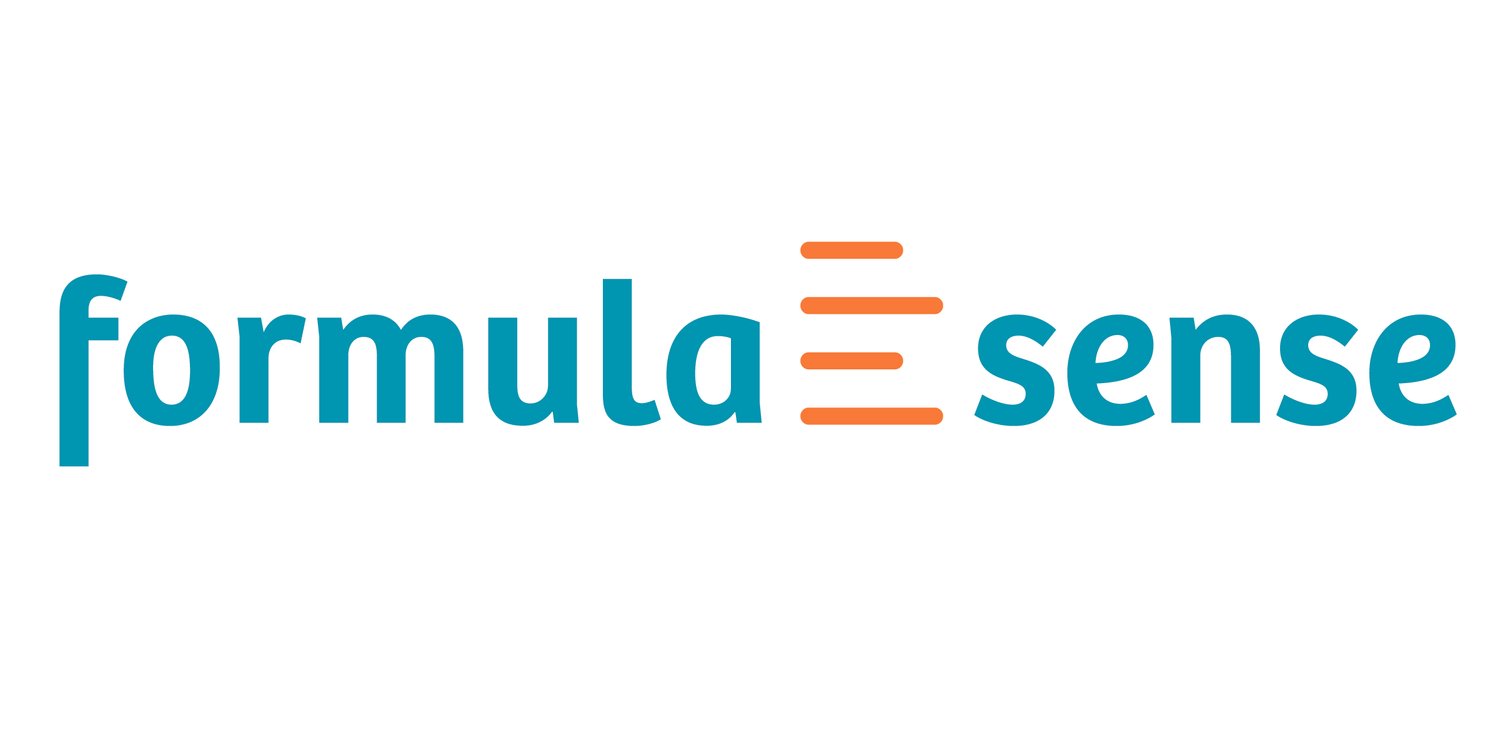What is Choline Chloride?
[pronounced: KO-leen KLOR – ide OR kō-ˌlēn klȯr-ˌīd]
This ingredient provides two nutrients in one small package. Choline chloride is added to infant formula to provide the nutrients choline and chloride. Let’s talk about its two parts separately. Both nutrients are critical to infant health.
Chloride
Summertime: sunshine, ice cream, and chlorine! While the words may look alike, please do not be confused: chlorine and chloride are not the same compound! Chlorine is important for water purification. Chloride is a naturally occurring mineral that is essential to health.
Chloride is an electrolyte that helps keep the fluids inside and outside of cells well-balanced. This balance is necessary for the body to function, especially for blood pressure and cells to work correctly. Most dietary chloride (chloride we eat) comes from sodium chloride, which is also known as common table salt.
Chloride contribution to health is under appreciated. Just how indispensable chloride is to health came to light in the summer of 1979. Infants across the United States were seriously sickened after consuming defective formulas, Neo-Mull-Soy and Cho-Free, both made by Syntex, Inc.. They contained too little chloride, causing extreme illness in at least 130 infants and exposing another 20,000 to highly flawed products. This unfortunate event had a silver lining because it ushered in the era of modern infant formula regulations, thanks in large part to Carol Laskin and Lynn Pilot, mothers of two infants who were seriously affected.
Choline
Choline is technically not a vitamin, because it does not have an enzyme helper (co-enzyme) role, but it is vitamin-like because of the important helper roles it performs. Together these helper roles make up choline’s critical function in brain development. Over the last decade, plenty of research has pointed out the importance of choline during pregnancy, particularly related to early cognitive development of the fetus.
Choline is a source material for building cell membranes and fast-growing infants need lots of choline for this purpose. In one year, a typical infant will triple in weight! Choline is also part of a molecule that helps nerve cells send signals to one another. This molecule is called acetylcholine [uh-SEET-el-KOH-leen], a neurotransmitter like the better-known serotonin.
Choline is so important to infant health that human milk has five different forms of choline!
——> Health professionals, want to learn more about choline? Gerber for Medical Professionals has a brief review article written by Steven H. Zeisel, MD, PhD, the distinguished researcher who discovered that choline is an essential nutrient.
Regulation and Safety
The US FDA requires formula have chloride levels between 55 and 150 mg per 100 calories prepared formula. Similarly, the European Commission requires between 50 and 160 mg per 100 calories prepared formula.
Like human milk, cow’s milk naturally contains choline. The US FDA requires choline to be added to all non-milk based infant formulas, like formulas made with soy milks. The FDA requires that these formulas contain at least 7 mg per 100 calories of prepared formula and has not set a maximum amount. The European Commission also requires at least 7 mg per 100 calories and sets a maximum of 50 mg per 100 calories formula.
Given choline’s importance for the developing brain, many manufacturers add it to their milk-based formulas. In the United States, you’ll commonly find that infant formulas contain around 24 mg for every 100 calories prepared formula.
Dietary Considerations
Choline chloride has no dietary restrictions and is appropriate for vegans, vegetarians, and all religious groups.
